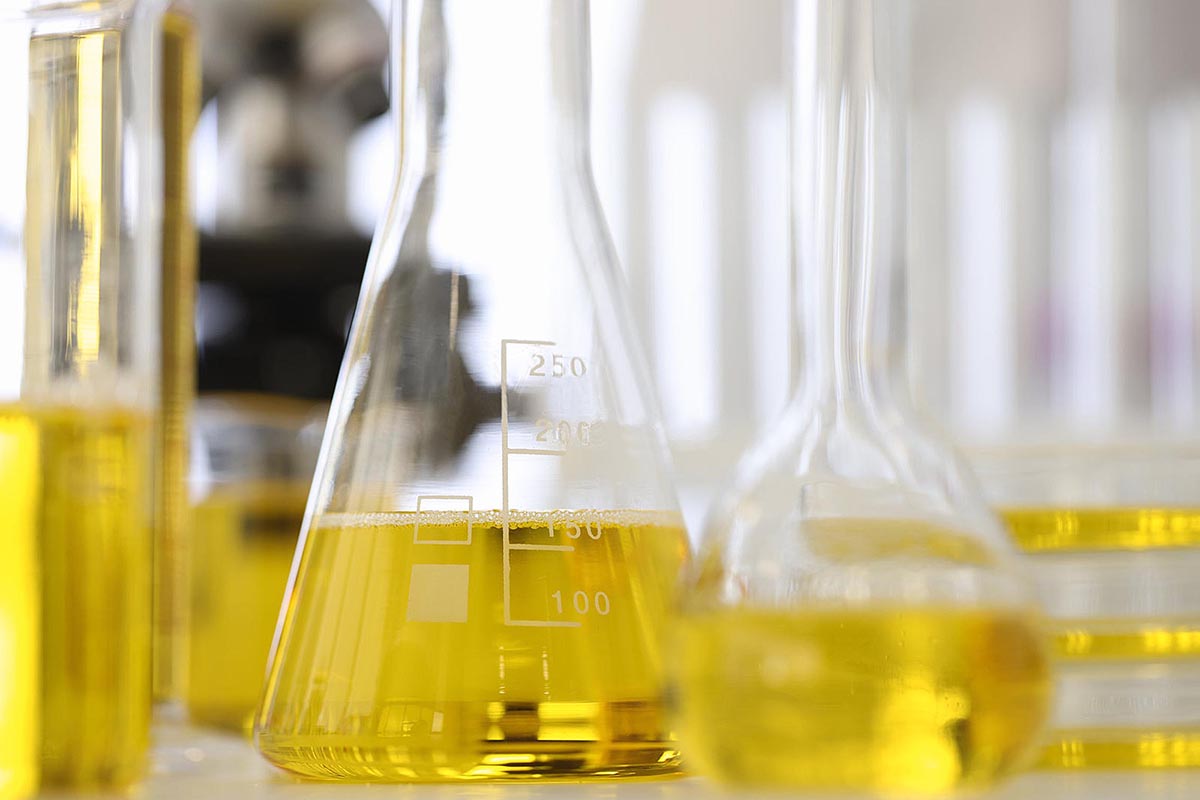Calcium zinc stabilizer is an important component in the production of PVC (polyvinyl chloride) products. PVC is a popular plastic used in a wide range of applications, from construction materials to consumer products. To ensure the durability and long-term performance of PVC, heat stabilizers are added to the material during the production process. A common heat stabilizer used in PVC production is calcium zinc stabilizer.
Calcium zinc stabilizers are used to prevent PVC from degrading at high temperatures. They work by reacting with chlorine atoms in PVC, which helps prevent hydrochloric acid from forming during heating. This reaction also helps maintain PVC’s mechanical and physical properties, ensuring the material remains stable and durable throughout its service life.
One of the main advantages of using calcium zinc stabilizers in PVC production is their ability to provide excellent thermal stability. This means that PVC products containing calcium zinc stabilizers are able to withstand high temperatures without losing their structural integrity or performance characteristics. Therefore, these products are often used in applications where heat resistance is important, such as building materials, automotive components, and electrical insulation.
In addition to providing thermal stability, calcium zinc stabilizers also provide excellent UV resistance. This means that PVC products containing these stabilizers can withstand prolonged exposure to sunlight without degrading or becoming brittle. This is especially important for outdoor applications, such as building materials, window frames and outdoor furniture, where UV exposure is a constant factor.
Another important function of calcium zinc stabilizers in PVC production is to improve the overall processing performance and mechanical properties of the material. By using these stabilizers, manufacturers are able to achieve better fusion and melt strength, as well as increased impact resistance and flexibility. This produces high-quality PVC products that can withstand the rigors of everyday use without losing their shape or properties.
In addition to the technical advantages, calcium-zinc stabilizers also have environmental advantages. Unlike some other types of heat stabilizers, such as lead-based stabilizers, calcium zinc stabilizers are non-toxic and environmentally friendly. This makes them a top choice for manufacturers and consumers looking for sustainable and safe materials. Additionally, the use of calcium zinc stabilizers in PVC production helps ensure compliance with environmental regulations and standards, making it an attractive option for companies looking to reduce their environmental footprint.
Overall, calcium zinc stabilizers play a vital role in the production of PVC products by providing excellent thermal stability, UV resistance and mechanical properties. Their use in PVC production allows for the creation of durable and long-lasting materials that can withstand a wide range of environmental conditions and usage scenarios. As the demand for high-quality and sustainable materials continues to grow, the importance of calcium-zinc stabilizers in PVC production is likely to increase, making it an important part of the plastics industry.
Post time: Feb-04-2024


